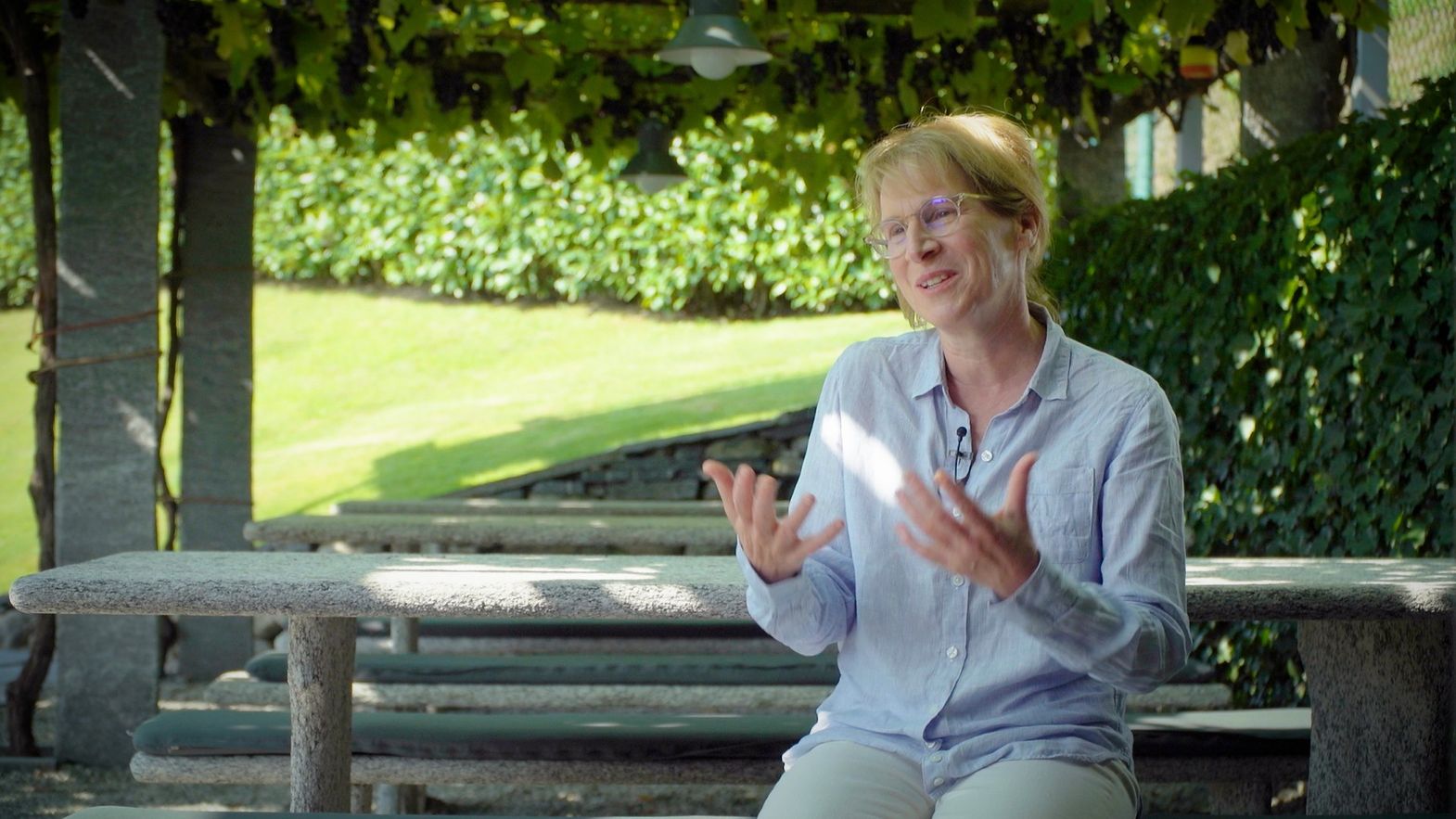The recipient of Locarno75's Pardo d'onore Manor, Kelly Reichardt is a unique, unmistakable voice in American independent cinema, ancient and modern at the same time. During a chat with the Locarno LiveTV team, the filmmaker explains her cinematic vision and recurring themes, revealing interesting details of her work process. Her films help us imagine the future.

All through your movies you work on different genres and tones, sometimes even in the same film. Can you find a link that connects all of them?
I don’t really think of them together. Many of them come with the writing of Jon Raymond, we share some interests in terms of thinking about how stories make their way coming from a point of maybe not having much to work from, and trying to find their space in these different American landscapes. So yes, it’s hard for me to think of them as a whole, once I’m done I start thinking about doing something new, but I do realize that themes keep arising, sometimes when I shoot, I think: “This feels so different!” and then when I am editing I’m like ''here I am again…” It’s mostly day-to-day struggle, and on the other hand there is this getting to the place where you can find some stability, some comfort for the different characters in different settings. Getting to the right place, I guess.
Do you have a different approach to screenwriting when it is original or adapted from other materials?
My work always starts with the script, I wouldn’t know how to do it if I wasn’t deeply involved with the screenwriting. The only novel we adapted was First Cow (2019), it got made very quickly but there were a lot of years of wondering whether to take on a story of that size, since the novel expands through four decades. When the idea of the cow came, and it isn’t a cow in the novel, that was the door in order to bring up other themes in the characters. My stories usually involve a lot of walking, hanging out and coffees, which is when you come up with things you want to put in, then usually Jon writes the first draft of the story and then I take it from there.
Your movies in some way force the audience to ask themselves questions, while they don’t provide easy answers. What would you like for the viewers to take from watching your movies?
I always feel like I'm making movies for a small group of people, almost like friends. I make them with artists that I like, such as the cinematographer Christopher Blauvelt. It is still surprising to me that you can travel to another country to show a western about farmers and find something that can be related to an elementthat’s in the film. There are different points of views, different ideas from yours. What the audience will take is not something I have in mind, so it’s amazing to me that they can connect to other kinds of audiences.
Is there a movie you made that you felt was a step forward in your career as an artist?
Certain women came from the short stories written by Maile Meloy, and it was a different experience. I worked on the script alone and we shot in Montana, something new for me. As an artist I feel we need to learn lessons from our work, and then, somehow, there’s a way to re-learn. You hope your skills improve, I was certainly more sure of my own voice making First Cow than when I was making my first movie River of Grass (1994), almost thirty years ago. Now I don’t feel I have to justify anything I'm doing. Your relationship with people you work with again and again becomes older, your language is quicker and you can pick-up from where you left off.
Talking about people you love to work with, you have developed over the years and movies a strong relationship with Michelle Williams. How important is it to have an actress you can relate to when you direct her even in very different roles?
It’s nicer and easier when it’s a relatable person. I don’t think it’s ultimately necessary for giving a good performance, but it’s certainly a much better ride while you are shooting a movie. Working with Michelle makes filmmaking a much more pleasurable experience. With her I don’t need to start every time from the beginning, she knows me and my way of working. With Michelle there’s no creeping around, it’s just quick. You don’t have to be so careful about each other's feelings since we both know what we’re doing.
Interview by Adriano Ercolani